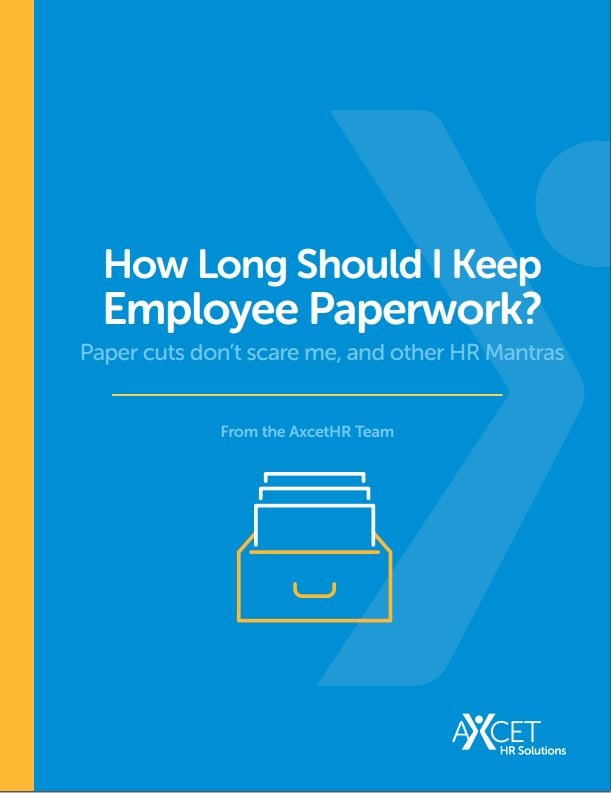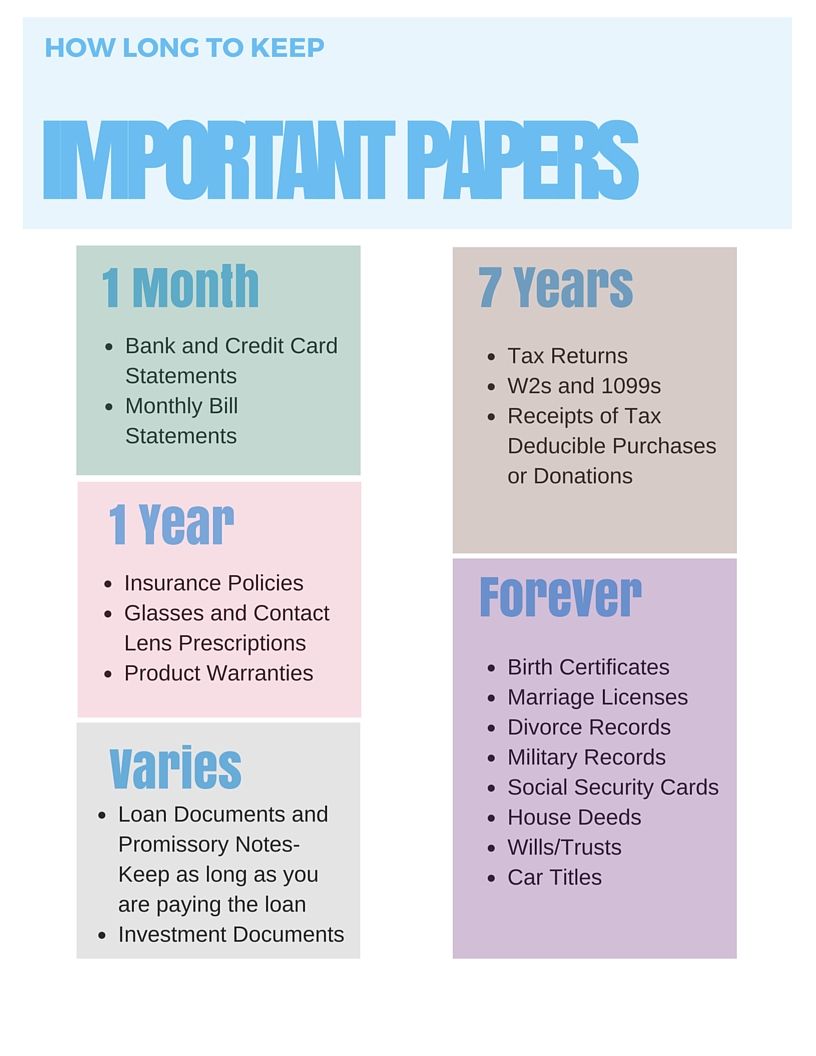How Long Should You Keep Deceased's Paperwork?

Losing a loved one is an emotionally taxing experience, and in the midst of grief, many are left to navigate the complex labyrinth of the deceased's paperwork. From wills and death certificates to insurance policies and tax documents, these pieces of paper can hold significant financial, legal, and sentimental value. But how long should you keep deceased's paperwork? This article delves into the reasons for retention, what to keep, how long to keep it, and the proper disposal methods for these important documents.
Why Retain Deceased’s Paperwork?

Before we explore the specifics of what and how long to keep, understanding why we should retain paperwork can help guide the process:
- Legal Obligations: Many documents need to be kept to comply with legal obligations, like finalizing estate matters or settling outstanding debts.
- Financial Settlements: Financial accounts, investments, and debts must be settled, requiring documentation to be accessible for executors and heirs.
- Tax Purposes: Certain documents are necessary when dealing with the IRS or state tax authorities during estate tax returns.
- Emotional and Historical Value: Some documents might have sentimental value or historical importance to the family, like birth certificates or family trees.
Documents to Keep and For How Long

Death Certificate

Although a death certificate doesn’t have a statute of limitations, it’s often recommended to:
- Keep multiple copies immediately following the death to handle insurance, social security, and estate affairs.
- Retain at least one copy indefinitely for historical or sentimental reasons.
Will and Testament

The original will should be:
- Kept until all aspects of the estate are settled, typically 3-7 years after probate closure.
- Afterwards, consider archiving the document if it holds historical importance to the family.
Financial and Investment Documents

These might include:
- Account Statements (bank, brokerage, retirement accounts) - Keep at least seven years from the date of the account’s closure or inheritance.
- Property Deeds - Retain indefinitely for historical records and potential future transactions.
Insurance Policies

Retain insurance policies:
- Until all claims are settled and obligations met.
- If there’s a possibility of future claims or historical value, keep indefinitely.
Tax Returns and Supporting Documents

Hold onto these:
- For the estate tax return - Retain at least three years from the filing date.
- For income tax returns - Keep at least three to seven years from when the return was due or filed, whichever is later.
Business Records

If the deceased owned or operated a business:
- Keep financial records for at least seven years after the business is dissolved or sold.
🔔 Note: Regulations and time frames can vary by state and country, always check local laws to ensure compliance.
Proper Disposal of Sensitive Documents

When the retention period expires or the documents are no longer needed, it’s crucial to dispose of them securely:
- Shredding: Use a cross-cut shredder to destroy sensitive information.
- Professional Document Destruction Services: For large volumes, consider professional shredding services.
- Electronic Documents: Ensure you delete electronic files securely, using specialized software if necessary.
Digital and Virtual Paperwork

In our digital age, we must not forget:
- Email Accounts: Keep login information and access credentials for important email accounts until all necessary emails are transferred or archived.
- Digital Assets: Cryptocurrencies, online subscriptions, and digital photos should be preserved or handled according to the deceased’s wishes.
Archiving for Future Generations

Some documents might have long-term value:
- Create a family archive with copies of birth certificates, marriage licenses, wills, deeds, and significant accomplishments.
- Consider digitizing these documents to preserve them in an accessible format.
📚 Note: Archiving documents can serve as a family history project, documenting the lives and legacies of loved ones.
End Thoughts

Handling the deceased’s paperwork is not just a legal necessity, but a journey of preserving the legacy and memories of those who’ve passed on. Understanding how long to keep these documents, why, and how to dispose of them properly ensures a respectful process. With this knowledge, executors and loved ones can make informed decisions, safeguard against potential legal issues, and honor the memory of the deceased by keeping important pieces of their lives safe for the future.
What should I do if I find old financial documents of the deceased?

+
First, determine the importance of the documents. If they relate to ongoing estate issues, keep them until the matters are resolved. Otherwise, consider shredding or securely disposing of sensitive documents.
Can I throw away documents like cancelled checks?

+
It’s generally safe to dispose of cancelled checks after you’ve verified that the transactions have cleared. However, if they are related to estate affairs, keep them for the prescribed period or until disputes are resolved.
Is it necessary to keep every document from the deceased?

+
No, only retain documents that have legal, financial, or sentimental value. Most routine documents can be disposed of once they’re no longer needed.
How should I handle the deceased’s digital documents?

+
Backup important emails and digital files. Delete or secure other accounts and online subscriptions. Ensure digital assets are handled as per the deceased’s instructions or wishes.
What if I can’t find all the documents needed to settle the estate?
+Contact financial institutions, the deceased’s attorney, or relevant professionals to reconstruct important documents. For others, legal substitutes or replacements can sometimes be obtained.